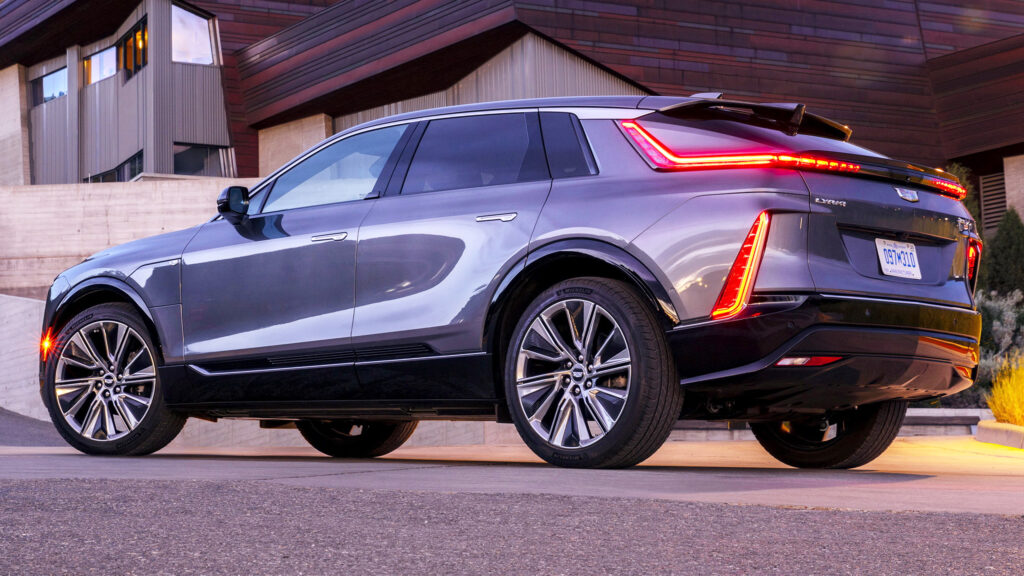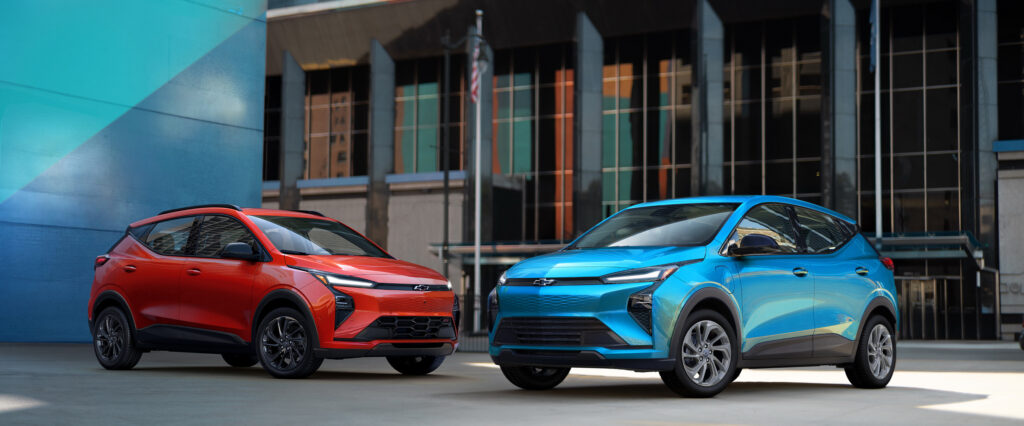Washington Just Handed China Another Win In The EV Race
- DOE canceled over $700M in grants meant to boost U.S. battery production.
- China’s dominance in battery innovation may grow further after cancellations.
- Democrats accused the DOE of overreach, calling the move illegal and harmful.
It’s becoming increasingly clear that China has taken a commanding lead in the global race for electric vehicle and battery innovation. With the U.S. Department of Energy (DOE) pulling back on major Biden-era grants, that gap could widen even further
In early October alone, the DOE canceled more than $700 million in awards meant to boost domestic battery and manufacturing projects. The timing and scale of these cancellations have sparked frustration across the industry and in Washington alike.
Behind the scenes, reports suggest this may only be the beginning Recently, a list of projects reportedly being targeted by the DOE has been circulating among lobbyists, indicating that as much as $20 billion in awards could be scrapped.
Included in that list, and recently confirmed by the DOE, were $700 million in grants awarded under the previous administration for battery makers Ascend Elements, American Battery Technology Co, Anovion, and ICL Specialty Products. There was also a grant for glass manufacturer LuxWall.
What’s Behind The Cancellations?
In a statement, DOE spokesperson Ben Dietderich said the projects “had missed milestones, and it was determined they did not adequately advance the nation’s energy needs, were not economically viable, and would not provide a positive return on investment of taxpayer dollars.”
Read: Washington Could Break Biden’s $1.1 Billion EV Promise To GM And Stellantis
As noted by Politico’s E&E, the cancellation of these grants impacts plans to build large factories in states including Missouri and Kentucky.

Of the $700 million in grants, $316 million was awarded to Ascend Elements to support manufacturing components from recycled EV batteries at a $1 billion plant in Kentucky.
Additionally, $57.7 million was bound for American Battery Technology to support the construction of a Nevada plant producing lithium hydroxide for batteries. Elsewhere, $117 million was awarded to Anovion to support the production of synthetic graphite for lithium-ion battery anodes.
Energy Secretary Chris Wright is believed to be spearheading many of the cancellations, noting that “If they’re not in the interest of the taxpayers, if they’re not a good expenditure of the money, you always have the ability to cancel these projects.”
Democrats Hit Back
Unsurprisingly, Democrats quickly voiced their opposition. In a strongly worded letter to Wright, 37 Democratic and independent senators accused the DOE of overstepping its authority.
“The illegality of your cancellations is the only thing as indisputable as the harm your cancellations will wreak,” the letter stated. Lawmakers argued that the department “must expend these funds and faithfully execute the law, including many programs that have strict requirements for the timing of fund expenditure, purposes, and contractual expectations.”


